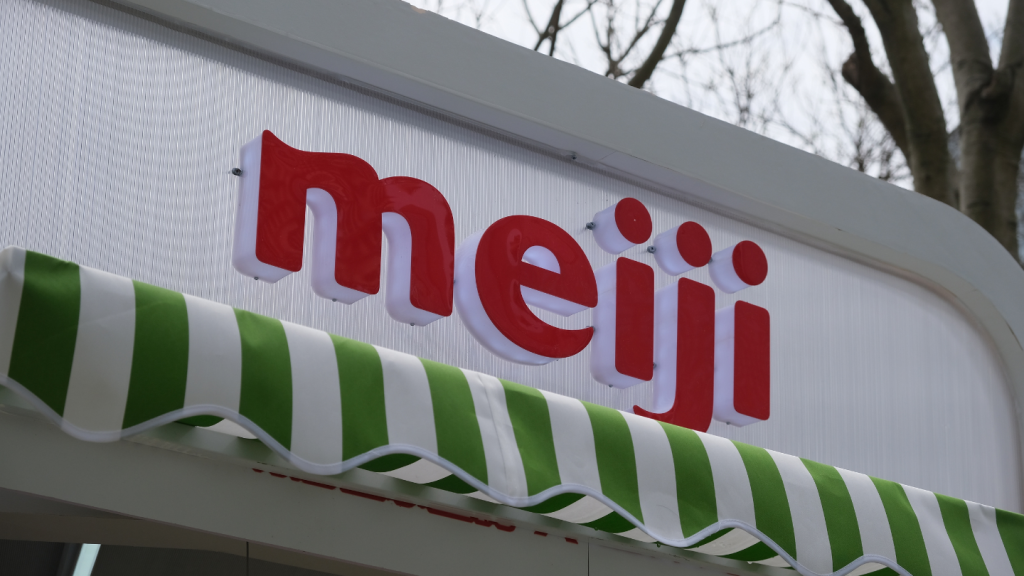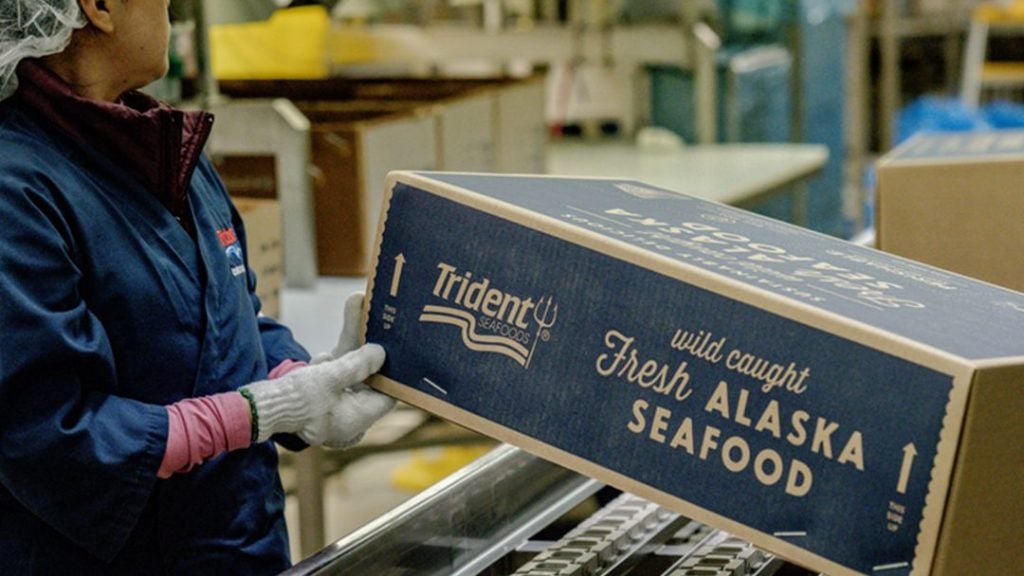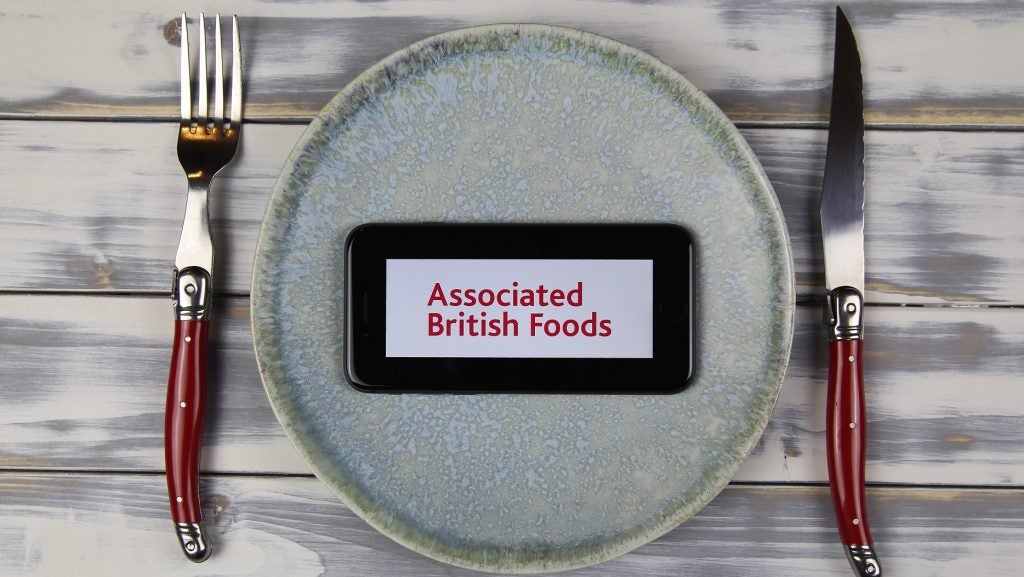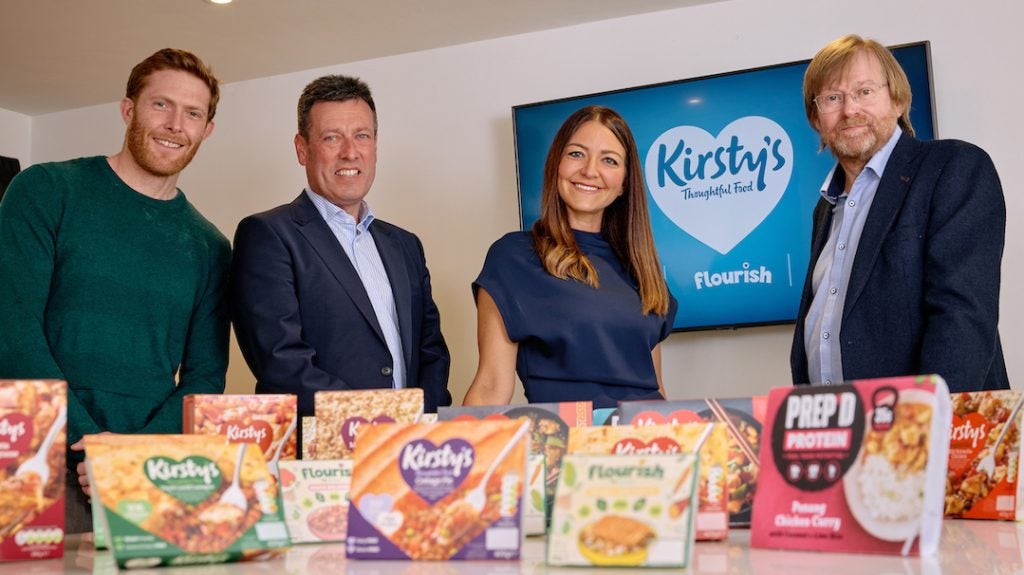New Zealand dairy and infant-formula group Synlait Milk is to retain its Pōkeno plant in the country’s North Island but it will no longer be used for milk processing.
Last month, local media reports suggested the beleaguered business was likely to sign a deal to sell its North Island milk supply with local peer Open Country Dairy named as the probable buyer.
Synlait confirmed today (9 September) that, in the future, its 54 farmer-suppliers will have their milk collected and processed by Open Country.
However, in a stock exchange announcement, Synlait said it had completed a strategic review and concluded “a pathway to profitability” involved retaining the Pōkeno facility but changing its function.
Nevertheless, the idea that the asset could be sold in future has not gone away entirely as Synlait added: “The board will not actively seek a buyer for Pōkeno. However, in the event a compelling offer was made for the asset, the company may consider it.”
Synlait announced in April it was undertaking a strategic review of its North Island assets as part of its business recovery plan. The review was to weigh up the future of the Pōkeno plant in Waikato and its blending and canning facility in Auckland.
No mention of the Auckland facility was made in today’s announcement. Just Food asked Synlait for an update on this facility’s future. A spokesperson said: "It’s just business as usual for our blending and canning facilities in Auckland."
In its statement today, Synlait said the review “explored a wide range of factors, including potential ownership structures, mothballing the Pōkeno facility, and how to balance its capability to process dairy and non-dairy hybrid nutrition products”.
Synlait CEO Grant Watson said: “The review has been detailed and thorough. It’s given us the insight needed to lift the financial performance of these world-class assets. We now have a pathway to profitability in our North Island operations.”
The company said one of the review’s findings was that switching between processing plant-based proteins and dairy hinders the Pōkeno plant’s operational efficiency.
It also found that transport and manufacturing costs mean it is not financially viable for Synlait to keep processing milk at Pōkeno.
“As a result, Synlait’s board and management have decided to focus Pōkeno’s operations solely on producing advanced nutrition products which do not require raw milk,” it said. “The Dunsandel facility will remain the hub of the business for dairy operations.”
Synlait said it would meet all of its contractual obligations to the dairy farmers who supplied the Pōkeno plant.
Last month, it was revealed China’s Bright Dairy was set to become Synlait’s majority shareholder as part of a “critical” NZ$271.8m ($166.8m at the time) equity raise by the struggling Kiwi business.
Bright Dairy, Synlait’s largest shareholder with 39%, will hold 65.3% in the Wellington-based company after subscribing to the offering, which needs to be approved at a meeting this month.
Synlait, which had recently received a NZ$130m bailout loan from Bright Dairy, warned the business was likely to fail if the additional capital was not secured. A commitment from The A2 Milk Co. to subscribe to the equity offering, part of an agreement reached to end a long-running contractual and price dispute, would also not materialise, it added.
A2 Milk would be issued with NZ$32.8m of Synlait’s shares under a placement agreement and would remain the second-largest shareholder with 19.8%. Bright Dairy would subscribe to NZ$185m.
Reaching an agreement with banking creditors to refinance debt would also be another critical step in securing Synlait’s future as a viable business, it was revealed at the time.
Chairman George Adams warned in a stock-exchange filing banks could well choose to call in the loans.
Synlait will issue its full-year results on 30 September but in July the business withdrew its EBITDA guidance of NZ$45-60m.
















